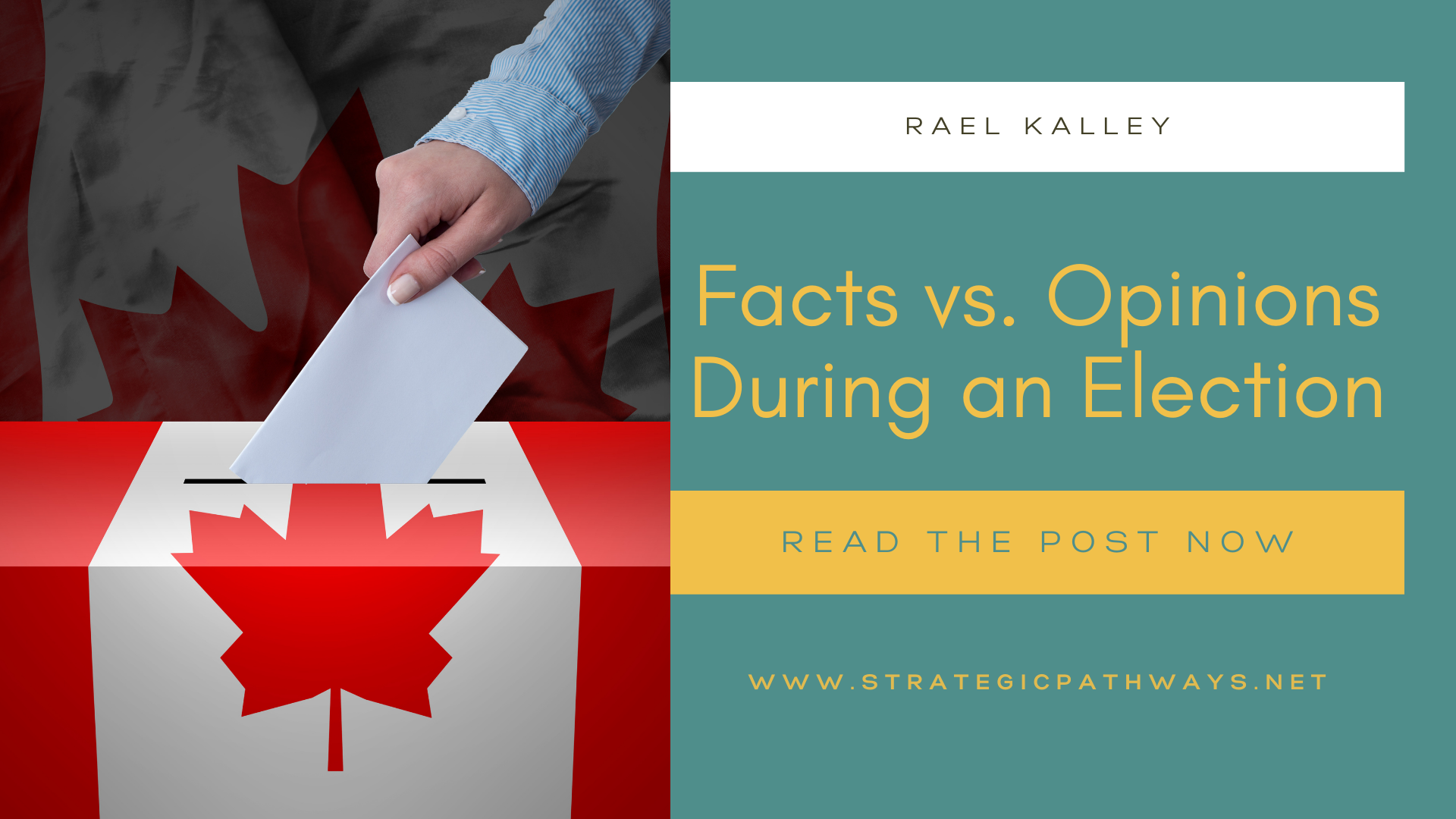We have often talked about what is perhaps the only thing that unites or divides us as humans and that is those things that we uniquely and individually believe to be true.
We tend to get along just fine with those whose beliefs parallel ours, and not so much with those who are so intellectually challenged that they have beliefs that differ.
(Click to Tweet)
A RECENT EXAMPLE
A clear example of this unfolded this week when Federal Liberal MP Maryam Monsef made an appeal to the Taliban at a press conference where she referred to the listed terrorist entity as “our brothers.”
As you can imagine, those who oppose the Liberal government, and even some who do not, took issue with this. Others defended Monsef’s verbiage. Some suggesting that as an Afghan refugee herself, she understands the culture context of the situation, and therefore what is appropriate, better than anyone.
The complexity of this debate is not only pitting right against left, but causing discord within communities who can’t agree on whether she erred or not.
Such polarization is not uncommon in our society. Indeed we can witness it daily during an election campaign, of which we are currently experiencing two. Both sides seem to think they know the facts of what is right and wrong in this case.
Alas, they have no facts, only opinions.
OPINION VS. FACT
We all have strong beliefs.
Many of us feel so strongly about these opinions that we frequently convince ourselves that our beliefs are, in fact, facts.
We will fight really, really hard for them.
We end relationships over our beliefs, we become violent over our beliefs, heck, we even go to war over our beliefs.
Because they aren’t just beliefs, they’re OUR beliefs. Therefore, they are FACTS.
WHAT IS A FACT?
The dictionary offers many synonyms for the word “fact”: a thing done, a deed, a truth.
But here is the definition that caught my eye,
“Anything done or that comes to pass; something known to exist; a statement based upon objective reality.”
As we’ve discussed, there are very few things in life that constitute true, absolute, irrefutable facts.
There are very few things that are known without a doubt to exist, and that are based upon objective reality.
Here’s the means test.
Take any opinion you have into a lab, give it a person wearing a white coat.
Have them take your opinion and place it over a Bunsen burner. When it reaches a temperature of twelve hundred degrees Celsius, pour it into a second bowl which contains the opposing viewpoint and which too has been heated to the same temperature.
Now watch closely. If your overheated opinion completely destroys your opponent’s, and if you can replicate this experiment in independent labs all over the world, your opinion will now be considered to be a fact.
Conversely if your opponent’s opinion prevails each time, your opinion will be viewed as just plain wrong.
REALITY CAN BE LIKE THAT
What happens in reality, is not entirely different than this fictional scenario. We tend to overheat our opinions, and when our opponents are drowned out, rest confidently in the belief that we hold the facts.
In reality, we are just more entrenched in our opinion, which has the unpleasant side effect of closing us off to any new information. No matter how helpful to us this new information may be.
If instead, we decline to overheat our viewpoint, refuse to use it to overpower the opposing position, we can hold your opinion with the knowledge that it’s nothing more than one perspective. One to which you are undoubtedly entitled. Just as your opponent is equally entitled to theirs.
Till we read again.


